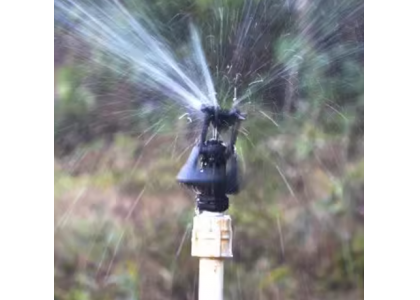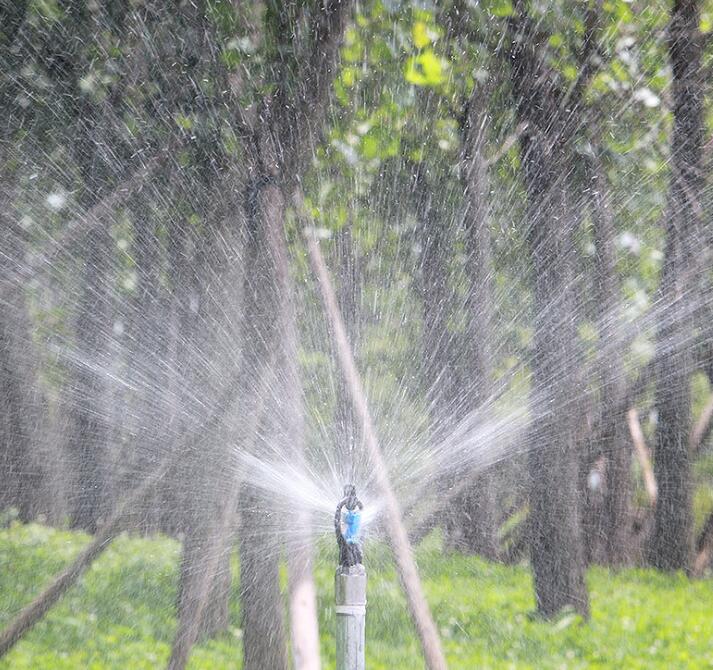
Micro sprinklers are generally quite durable but their performance and longevity can vary based on their design and the materials used. Here’s a breakdown of how they perform in different weather conditions:
1. **Hot/Arid Conditions:**
- **Durability:** Micro sprinklers designed for hot, dry climates often use UV-resistant materials, which help them resist degradation from prolonged sun exposure. The heat might cause some plastic components to become brittle over time, but high-quality sprinklers typically handle this well.
- **Considerations:** Regular cleaning might be needed to prevent clogs from dust and debris.
2. **Heavy Rain:**
- **Durability:** Micro sprinklers are generally designed to withstand rain, but their performance can decrease if the water pressure is too high. The misting function could be less effective in high winds or heavy rain, but they should still hold up to typical weather conditions.
- **Considerations:** Make sure the sprinkler head is not obstructed by debris or plant growth, which could cause malfunction.
3. **Freezing Temperatures:**
- **Durability:** This is the biggest concern for micro sprinklers in colder climates. Water left in the sprinkler system can freeze, causing damage to the sprinkler head or even the pipes. If the sprinkler heads and lines aren’t properly drained or winterized, they may crack or break when the water expands as it freezes.
- **Precautions:** To prevent damage, ensure that water is drained from the system before winter. Some systems come with blow-out valves to help remove water. Alternatively, you can use frost-resistant micro sprinklers, or switch to an irrigation system designed to handle freezing conditions, like drip irrigation that doesn't require the water to be under pressure during winter.

4. **Windy Conditions:**
- **Durability:** Micro sprinklers can be affected by strong winds, which may disperse the water inefficiently or cause misdirection. While the sprinkler itself is durable, the water distribution may be less than optimal in gusty conditions.
- **Considerations:** Low-pressure systems with adjustable spray patterns are helpful in windy areas, as you can direct the spray more precisely.
5. **Saltwater Exposure (Coastal Areas):**
- **Durability:** If you live near the ocean, saltwater exposure can corrode metal components of the sprinkler system. Plastic micro sprinklers are typically more resistant to this, but it’s still important to regularly clean the system to prevent corrosion or clogging.
Best Practices for Long-Term Durability:
- Use sprinklers made from UV-resistant plastic and stainless steel components.
- Install a system with a pressure regulator to prevent wear and tear from high water pressure.
- Winterize your system properly in freezing climates to avoid damage from expansion when water freezes.
- Regularly inspect and clean the sprinklers to avoid clogging from dirt, minerals, and algae.
Micro sprinklers are durable and effective in various weather conditions, including hot, rainy, and windy climates. However, freezing temperatures pose the most significant risk to the integrity of the system. Proper maintenance, including drainage and winterization, is essential to protect the system from freeze-related damage and ensure its longevity year-round. By selecting high-quality materials and regularly maintaining your micro sprinkler system, you can enjoy reliable performance in nearly any weather condition.